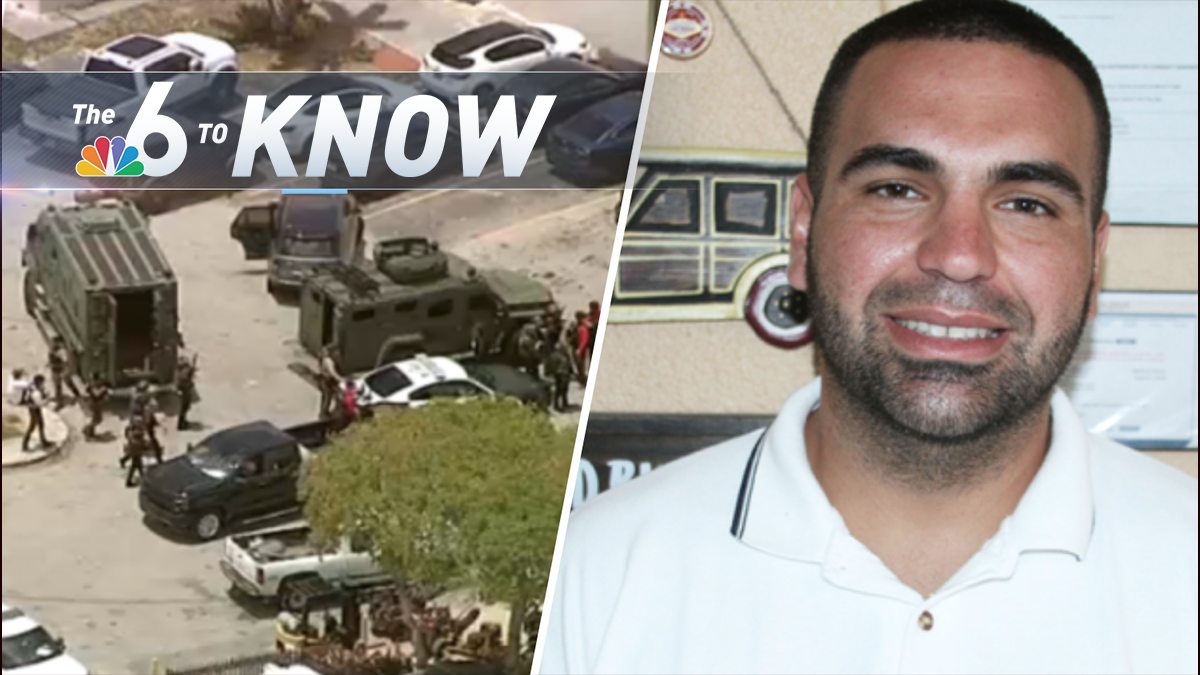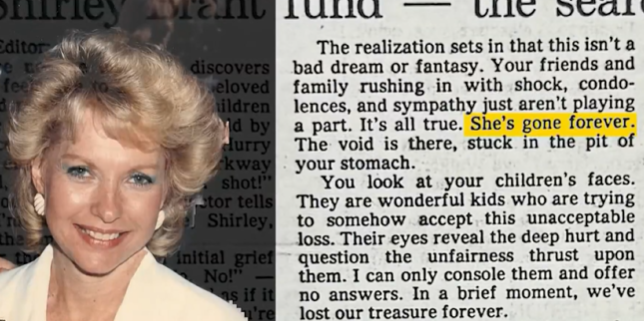A 19-year old girl talks about going into rehab after she became addicted to social media, spending 20 hours of day scrolling. NBC6 anchor Roxanne Vargas shares her story.
Devices, technology and the dawn of social media platforms have changed the way we connect and communicate.
They provide endless opportunities to share with friends, loved ones and the world, but when the relationship turns toxic – lives can be destroyed.
Watch NBC6 free wherever you are
It can open the door to empty promises, a lack of likes, bullying, perceptions of realities – and studies show, our brains are feeling that impact.
Social Media Addiction, or SMA, is an uncontrollable urge to log on, while logging out of the basics of life.
Get local news you need to know to start your day with NBC 6's News Headlines newsletter.
"We’re talking about excessive isolation, we’re talking about lack of engagement, real social engagement in real people in live time," Carbon Treatment Centers CMO Dr. Adam Schiolo said. "We’re talking about abandoning activities that people used to derive pleasure from, we’re talking about disruption in capacity to stay tuned."
Up to 95 percent of teens between 13 and 17 say they use a social media platform and a third say they are constantly engaged, according to a study recently released by the U.S. Department of Health and Human Services.
Jimena Ponte Gasset, who grew up in Chicago, got connected with a cellphone at 13 years old and gained access to social media at 15 – giving her a new world of entertainment and immediate gratification at her fingertips.
Local
Jimena, now 19, told NBC6 that she would spend as much as 20 hours per day consumed with her device. Regular rituals, such as basic hygiene practices, slowly stopped as she lost herself in Facebook, Instagram, Snapchat and WhatsApp.
"I didn’t have a schedule or a routine," Jimena said. "I would spend my whole night on the phone, on the device, and then sleep between hours, now and then, during the day."
Jimena said her addiction got the worst in 2020 and she no longer recognized herself.
"I noticed how every single person I was close to, I don’t know, I didn’t have a relationship with those loved ones," Jimena explained.
She then began her journey to breaking that addiction when her family discovered a rehab center in Utah. Soulegria is a rehabilitation program, on a 200-acre campus, for adults and teens who want to be independent, but just aren’t ready yet.
"We believe that addiction is not just taking something away -- they will want to get back in those things," Soulegria Founder Tyler Olsen said. "Our approach to addiction and how to help these individuals is that we have to replace it with stuff."
The program replaces it with outdoor activities, sports, as well as responsibilities like making a bed – to help regain a heathy routine. Jimena said she still has work to do and is grateful for the help she's been receiving.
"I'm improving. I’m doing this for my own good," Jimena told NBC6. "And, I still have troubles and challenges, but I’m still going."



